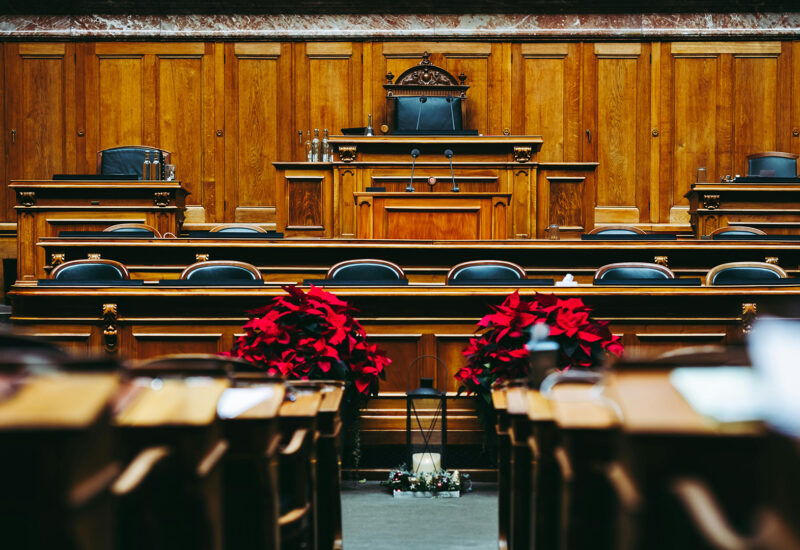The act of naming someone as a “person of interest” in a crime has seemed to shift toward cases where other potential victims are in immediate danger, much like how an Amber Alert uses the public to find imperiled children. More judicious use of the phrase in recent times may stem from a pair of high-profile cases that ended badly.
In 1996, a security guard at the Atlanta Olympics discovered a backpack with three bombs in a park. Richard Jewell, along with other guards, was able to clear hundreds of people from the area before the bombs exploded, losing only a single life.
Regarded as a hero at first, Jewell soon found himself portrayed as the bomber after the Justice Department revealed he was a suspect. Media outlets named him a “person of interest,” and it took years for Jewell to clear his name. Domestic terrorist Eric Rudolph, a bomber of nightclubs and abortion clinics, confessed to the crime in 2005.
Jewell sued numerous media outlets for libel, taking settlements from the New York Post, CNN, and NBC News, among others. The Justice Department issued a statement saying they “regretted the leaking of the investigation” that upended Jewell’s life. It was later revealed that many federal agents had questioned ever considering Jewell as the possible perpetrator.
While “person of interest” doesn’t carry a legal definition, it remains open to interpretation and can easily be abused. Given how quick some are to overreact, the results can be destructive, dangerous, and even life-threatening. Whether or not someone is involved in criminal activity, being named as under the scrutiny of law enforcement officers may convict them of a particular crime in the minds of the public.
The public can be an effective aid for the government and law enforcement, providing far more surveillance and coverage than all agencies combined in times of need. However, the unpredictability of how a populace will react, especially in times of crisis when looking for someone to blame, should give everyone pause before publicly naming someone as a “person of interest.”
If you or a loved one is in a bind as a result of criminal allegations, immediately contact a Seattle Criminal Attorney. A Criminal lawyer is not going to judge you and understands that everyone makes mistakes. Hiring a Seattle Criminal Lawyer to help can – at a minimum – reduce penalties and can help direct people on how to best deal with their criminal charge, and many times even get them dismissed. So, it should go without saying that someone cited for a misdemeanor or felony should hire a qualified Seattle Criminal Lawyer as soon as possible. Criminal charges can cause havoc on a person’s personal and professional life. Anyone charged with a crime in Washington State should immediately seek the assistance of a seasoned Seattle Criminal Lawyer. SQ Attorneys can be reached at (425) 359-3791 and/or (206) 441-0900.


